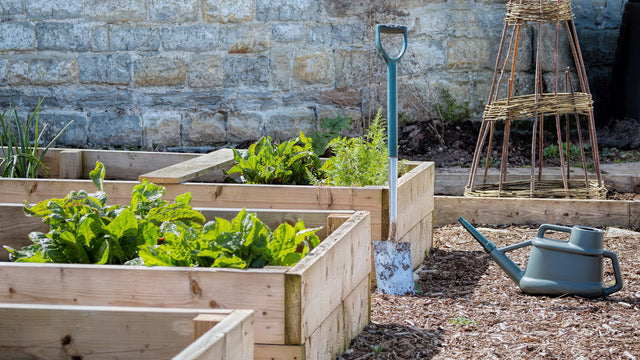Who doesn’t love the weather in the UK?! Well, I can say with conviction that I love how our country really demonstrates the seasons so well! I love the winter frost, the spring bluebells appearing, the warm sunny evenings and the crisps autumn leaves falling. But, what about those farmers who are growing foods during these very changeable seasons in the UK – I am pretty sure the frosty mornings are not something they love to wake up to!
Because of the UK and the changing weather patterns, this can really cause havoc for our local farmers. It means that the variety of fruits and veg they can grow during cooler parts of the year are perhaps not as diverse as those grown during the warmer parts of the year.
Yes, you could argue that we are lucky as we have the huge supermarkets flying food in from all over the world so we can have brussels sprouts all year around, but how does that help our carbon footprint or help us support local food producers – it doesn’t.
And so, should we be eating the foods which are available dependent on the season? That’s really up to you but at Happy Tums, we really feel strongly that eating seasonally is a great thing!
- Foods grown and eaten during their natural season are generally more nutrient dense. A study monitoring the vitamin C content of broccoli found that the veg grown during its peak season of autumn had a higher vitamin C content than broccoli grown during spring. Check it out here.
- Food which has travelled from far and wide to reach our shelves also has the risk of reducing its natural nutrient content due to oxidation. This is especially true in the case of the water-soluble vitamins B and C. found typically in our fruit and veg. As they are being moved from case, to van, to aiplane, to van again and then to the supermarket shelves, these fruits and veg get biffed and bashed about. Any damage to the skins leads to oxidation and then a reduction in the nutrient content of these foods known as degradation.
- When foods are grown out of season, they don’t follow their natural growth and ripening rate and so in many cases, treatments have to be used to help them along. These could be chemicals, gases or heat processes. These treatments can have an affect on the nutrient contents of these foods.
- Seasonal fruits taste so good!! In Essex we are lucky as we are surrounded by many local farm shops and “pick your own” orchards and I can categorically say that the strawberries I pick at my local farm are so much tastier than those found in the supermarket shelves. Mass production of fruits and veg to meet the consumer demand seem to mean in many cases that flavour takes a back seat. Naturally ripened fruit and veg grown, picked and eaten in season are typically much more flavoursome and full of nutrients!
Eating seasonally definitely doesn’t mean we have to miss out, it just means we need to really think about what is in season at that point of the year and eat accordingly. This doesn’t impact choice, it just means choosing what is in season is extremely beneficial for our own health, our environment and for supporting our local farmers who have a huge impact on our countryside and economy.
To find out which fruits and veg are in season, this resource is great! Print it out and put it in your kitchen for quick referencing! Eat Seasonably
Guest Blog by I Love Greens





